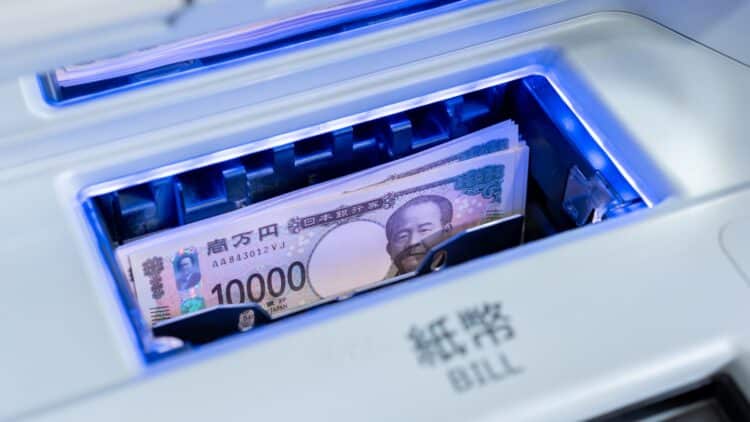We are going to tell you the sad story of a man who saved for decades to have a peaceful retirement. However, the fiat system and currency inflation stood in the way of his destiny. This Japanese worker set himself a clear goal at the age of 25: early retirement and financial independence, known as FIRE. His goal was to save 100 million yen before turning 50.
He spent almost 21 years living a monastic life. But against all odds, he managed to achieve his goal. His bank account balance was 135 million yen, close to $890,000. The effort of an entire working life had paid off, or so he believed. The tragic twist in his story was not his extravagance, but an invisible enemy he had not noticed over the decades: the fiat system.
Although he did not realize it, little by little, over the years, inflation was stealing part of his fortune. As much as he has been branded a miser on Japanese national television, this man is nothing more than a victim of a system that works against the savings and wealth accumulation of ordinary people.
The Extreme Saver
This man started out with an annual salary of 5 million yen (about $32,000). For more than two decades, his existence was a list of self-imposed deprivations. He saved on housing costs by moving into a company dormitory that cost him just $190 a month.
There was no air conditioning or heating, and he ate only a diet of rice, salted vegetables, and pickled plums. He lived like a poor person from a century ago. In general, our protagonist jokes that his life resembled a prison sentence: he didn’t go out, he didn’t enjoy himself, he didn’t spend money.
That’s how he managed to save 135 million yen. He wanted to ensure he had a dignified and peaceful old age, without depending on a salary or a pension from the state. Everything was going well, but he was able to more than achieve his goal. Where did his plan fail? The answer is painful and bitter, since it is not his fault specifically. In his own words, “I thought I had escaped the system, but the system caught up with me.”
Currency devaluation
The man didn’t know it, but he was rowing against the current of his own government’s monetary policy. His mistake was not saving, but blindly trusting that his local currency would maintain its value. The thing is, this is fiat money, or feet, which, unlike the old money that was linked to gold and silver, currencies such as the pound, the euro, or even the US dollar are based solely on the confidence of the state that issues them… That is, almost none.
Here’s the crux of the matter: governments and their central banks (in this case, the Bank of Japan) have the ability to print money at will. They do this to inject liquidity into the economy and pay off their debts easily. This creates a supply of yen banknotes without real wealth growing at the same rate. What ends up happening? Well, with more yen in circulation, but the same objects and material goods in circulation… the yen is worth less and less. That is why, for example, the average Japanese person needs to pay more yen for the same can of Coca-Cola that they would have bought 40 years ago.
Inflation acts as an invisible and silent tax on cash and savings. In terms of the Japanese economy, devaluation has been massive. While other countries raised interest rates to combat global inflation, Japan kept rates close to zero to boost its economy. This made the yen less attractive to the global market, causing it to plummet against the dollar and the euro. Suddenly, our protagonist’s 135 million yen was worth much less on the international market. Although he had saved, his purchasing power was much lower than he had imagined 20 years ago.
The Anti-Inflation Shield: Investment
The moral of this story is not to embrace Carpe Diem and not think about tomorrow. Saving cash loses the war against the fiat system. The way to retain purchasing power, and even gain it, is by investing our money so that it works for us.
If you want to learn more, we recommend that you look for information on global index funds, such as the S&P500, real estate, silver, and especially Bitcoin, which is the only decentralized currency that will not be tied to the fiat system of any state or central bank.

